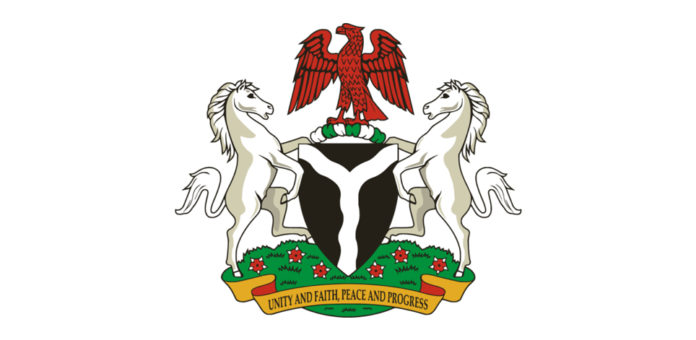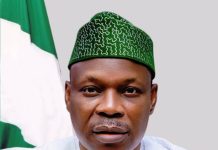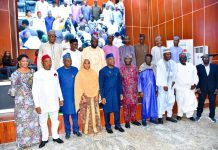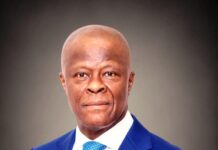The National Commission for Persons with Disabilities (NCPWD) hosted a delegation from the African Union Commission (AUC) to a strategic engagement aimed at deepening collaboration on disability inclusion, continental harmonization of disability policies, and the domestication of the African Disability Protocol (ADP).
The high-level delegation from the African Union Commission (AUC) was led by Olubusayo Akinola. The meeting which was held strategically on Thursday, 20th November 2025 focused on strengthening existing ties between the AUC and NCPWD and explored new avenues for cooperation in enforcement, data generation, accessibility standards, women and girls with disabilities, cross-border learning exchanges, and broader continental movement to implement disability rights frameworks.
The NCPWD leadership during the engagement highlighted the Commission’s ongoing efforts to operationalize the Discrimination Against Persons with Disabilities (Prohibition) Act, 2018, reinforce the 5% employment quota in both public and private sectors, expand accessibility compliance, and institutionalize structures that protect the rights, dignity and economic empowerment of persons with disabilities.
The Commission further emphasized recent progress in integrating the 5% employment requirement into the Public Service Rules, ongoing collaboration with federal institutions to ensure full compliance, and the continuing push for employer accountability.
The high-level discussions also addressed the need for modalities that would strengthen enforcement mechanisms, streamline reporting processes, and ensure that recruitment agencies adhere to established standards.
The African Union delegation recognized Nigeria’s unique position as a regional leader in disability legislation and institution building, reaffirming that the AUC views Nigeria as a reference point for other African countries seeking to domesticate and implement the ADP. The delegation also underscored the importance of Nigeria’s contributions to continental conversations on disability rights, especially in areas of inclusive employment, accessibility, governance, and data driven policymaking.
The NCPWD Directors presented detailed insights into ongoing initiatives, including inclusive employment frameworks, private sector partnerships, nationwide accessibility audits, data harmonization efforts, and programs supporting women, girls, and vulnerable groups with disabilities. They further emphasized the need for multi-sectoral support, institutional capacity building, and sustained continental collaboration to accelerate progress across Africa.
The Commission also highlighted the importance of gender inclusion, noting that issues affecting women and girls with disabilities remain significantly underrepresented in policy spaces across Africa. The AUC delegation acknowledged this gap and expressed readiness to work closely with NCPWD in elevating these concerns within broader African gender and human rights frameworks.
The Commission reiterated its commitment to partnering with the African Union to promote the full domestication of the African Disability Protocol, enhance regional cooperation, and establish structured knowledge-exchange platforms among African countries.
The Commission further expressed interest in hosting a future continental forum of Disability Commissions and Agencies, an initiative designed to position Nigeria as a hub for advancing disability inclusion across Africa.
The engagement concluded with a shared commitment to deepen collaboration in policy development, institutional strengthening, accessibility reforms, data generation, and cross-border partnerships to ensure that no country and no person with a disability is left behind on the continent.
Signed:
Ishaku Kigbu (anipr)
Head, Media & Publicity
National Commission for Persons with Disabilities (NCPWD)






